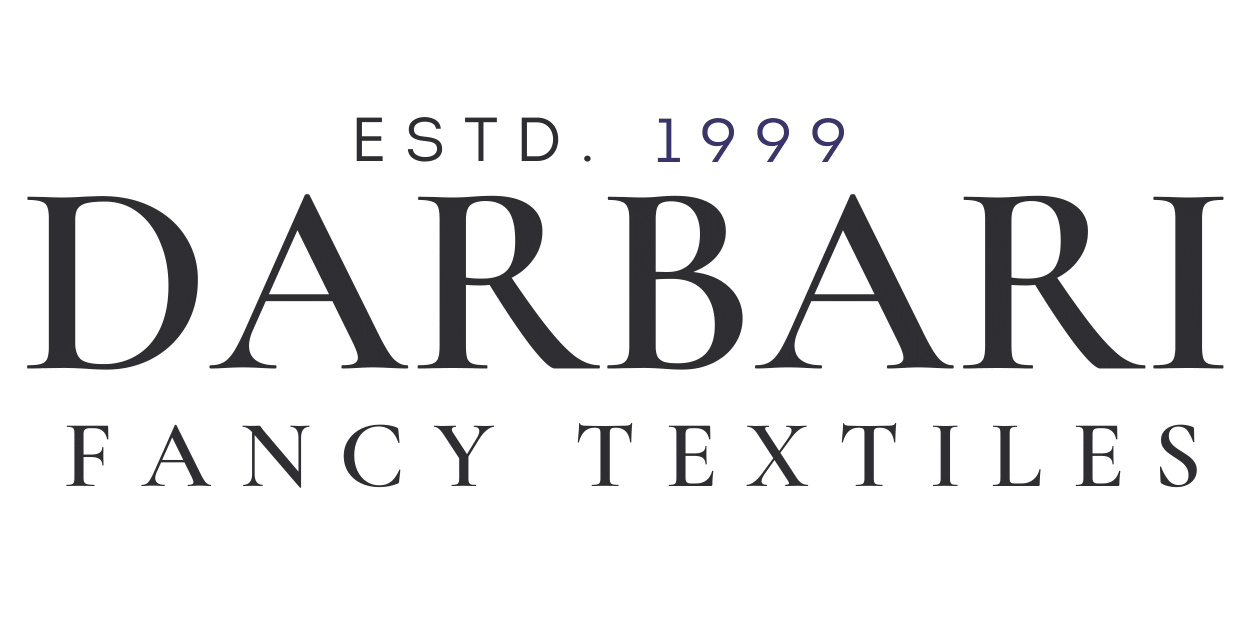What Are the Best T-Shirt Fabrics To Use?
There are many factors to consider when choosing the best t-shirt fabric to use. It all depends on who you're making it for, how much you want to spend, what sort of print is required, and what type of fit is desired.
But first let's answer the question:
What exactly makes some t-shirts better than others? Well if we're talking about "t-shirt" fabrics, there really isn't such a thing as a perfect fabric that works for every project.
Whether it's cotton t-shirts or polyester/cotton blends for screen printing projects, each type has its own pros and cons when it comes to durability, comfort & breathability (moisture management), color fastness (how well dye inks retain their color), rate of shrinkage, stretchiness (for athletic fit tees), and strength/softness.
Before we go any further let's get some basics out of the way. The fabric you choose will depend on where it's being sold, what type is needed for the printing process, and who the final customer is!
First things first: There are no right or wrong answers when choosing t-shirt fabrics to use. Different types work better in different situations so really all there is left to do is ask yourself a few questions about your project before buying anything.
What sort of t-shirt are you making? Cotton shirts for everyday wear? 100% polyester sportswear with moisture wicking properties? 50/50 cotton poly t-shirts for screen printing? Athletic fit (very tight) or regular loose fitting? All of these will require specific types of fabrics to use.
Okay, well for the purposes of this article I'm going to assume you're making a regular cotton t-shirt.
T-Shirt Fabric Types To Use:
1. Cotton

100% Cotton is the most well known and loved t-shirt fabric. It's stretchy enough to give t-shirts a great drape yet durable enough that it can be worn day in and out without feeling flimsy or cheap. Cotton is also quite breathable so it makes an excellent option for warmer climates where maintaining moisture wicking properties can be difficult with other of fabrics. If you're going to be buying a fabric labeled "Cotton," don't expect a soft comfortable tee just because it says so! There are different types of cotton used in fabrics, from long staple Combed Cotton to short staple Egyptian Cotton. If you want the best quality shirt with a super smooth hand, longer stapled cottons will offer more refinement and durability than their shorter staple counterparts.
It's worth noting that most 100% cotton fabrics will shrink anywhere from 1-5% over the course of its first few washes. If your aim is to have a fitted or even slim/athletic cut shirt then this may not be a good option for you. 100% cotton fabrics can also lose color pretty easily after washing especially if they're not pre-shrunk. There are ways to buy fabric that does not shrink and maintain the same color but this is a separate discussion for another time!
What about other types like: Poly-Cotton, Cotton poly blends? These fabrics offer all of cotton's pros and mix them with the stretchiness and moisture wicking properties of polyester. They can also be pretty soft & smooth depending on how high quality they
are. Keep in mind these fabrics will mostly retain their color after washings unless otherwise labeled pre-shrunk or preshrunk (polyester can actually re-tighten its weave over time so it may shrink back up again). Just be aware that anything 50/50 or higher than 60% polyester tends to not drape as nicely.
2. Polyester

Polyester is the easiest fabric to print on because it's so smooth! This makes it easier to use with discharge inks and any ink that requires a plastisol barrier coat. Many companies even offer 100% polyester garments but be aware these will have a different hand, feel more plastic-like, and don't breathe as easily as cotton fabrics do. With that being said they are excellent for moisture wicking properties for warmer climates or sweaty people. If you're looking at sublimation printing options make sure to pick out
poly/cotton blends because sublimation dye sub processes only work properly on materials with open weave structures (poly also shrinks differently than cotton which could ruin your print work if you're not aware).
There are also 100% polyester fabrics that have a fair amount of stretch to them, these are great for athletic fit type t-shirts or undershirts. These will offer the same properties as 50/50 poly-cotton but generally these do not breathe as well because they lack cotton's natural breathability and moisture wicking capabilities.
Other: Poly/Spandex blends (similar to Under Armour), Rayon (for warmth and softness), Modal (a bio-based fabric made from beech trees), Bamboo (another eco friendly material), and Hemp (for those who want a more natural product) are all new types of T-Shirt fabrics to hit the market. Depending on your climate, personal
preference, and end use some of them may be a better option than 100% cotton.
Conclusion
These days it's easy to get confused by all the different types of t-shirt fabric out there! Fortunately most people will only need to know about Cotton and Polyester when it comes time for their order.
Just keep in mind polyester isn't as breathable as cotton so if you're making an athletic t shirt or undershirt made from it you'll want to have good venting under the armpits. Or at least have mesh panels for air flow.
With so many different types of shirt fabrics to choose from, what will be your next order? And remember you can always visit our fabric Store in UK or check out our website - www.darbari.co.uk for more info on any of our fabrics!
Have a great day friends!
















